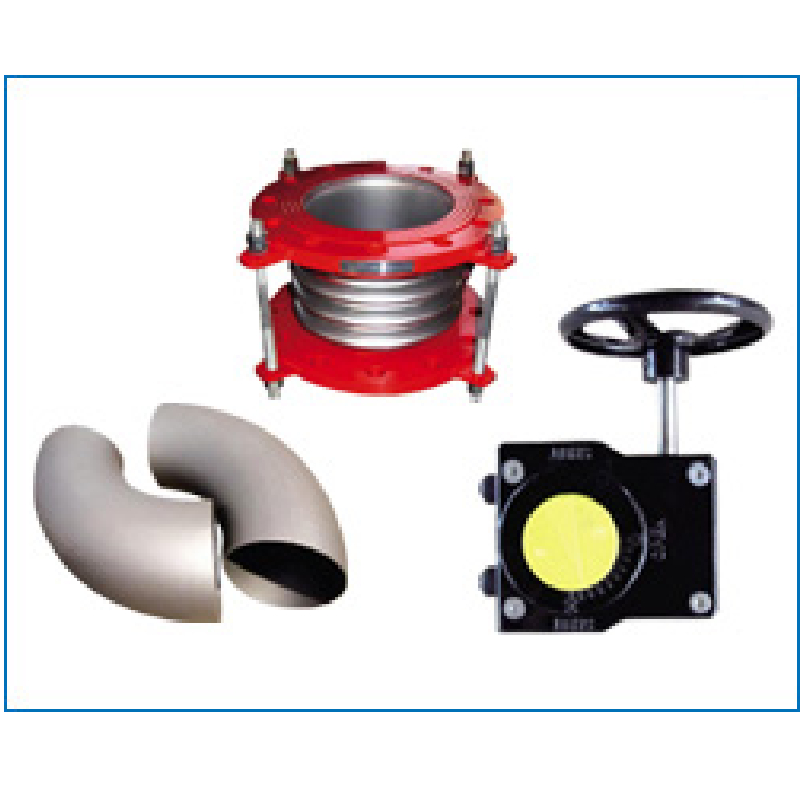Nov . 15, 2024 20:57 Back to list
water ball valve
Understanding Water Ball Valves A Key Component in Fluid Control
Water ball valves are essential components in plumbing and fluid control systems, known for their reliability and efficiency in regulating the flow of liquids. These valves operate on a simple principle a spherical disc, or ball, with a hole in its center rotates to allow or restrict the passage of water. This article explores the functionality, advantages, and applications of water ball valves.
Functionality of Water Ball Valves
The mechanism of a water ball valve is straightforward yet effective. When the valve handle is turned, the ball aligns with the fluid flow when the valve is in the open position. Conversely, when the handle is rotated 90 degrees, the hole in the ball is perpendicular to the flow, and the valve is closed. The design ensures a tight seal, preventing leaks and minimizing water loss.
Ball valves come in various materials, including brass, stainless steel, and plastic. The choice of material often depends on the application, pressure, and temperature conditions involved. For instance, brass and stainless steel are often used in industrial environments due to their durability and resistance to corrosion, while plastic valves are common in residential settings for their affordability and ease of installation.
Advantages of Water Ball Valves
One of the primary advantages of water ball valves is their ease of operation. Unlike other types of valves, such as gate or globe valves, which require multiple turns to open or close, ball valves can be fully operated with a quarter turn. This feature allows for quick shut-off, which is crucial in situations where immediate action is required to prevent leaks or flooding.
water ball valve

In addition to their straightforward operation, ball valves provide excellent sealing capability. The unique design of the spherical ball and the seat ensures that the valve is mostly leak-proof when closed. This reliability is vital in both residential and commercial systems, where even minor leaks can lead to significant water loss and associated costs.
Another key advantage is the versatility of ball valves. They can handle a wide range of fluids, including water, oil, and gas, making them suitable for various applications. From garden irrigation systems to industrial water treatment plants, these valves play a critical role in ensuring the smooth operation of fluid systems.
Applications of Water Ball Valves
Water ball valves are utilized in diverse applications across a range of industries. In residential settings, they are commonly found in plumbing systems to control the flow of water to faucets, showers, and appliances. They are also vital in irrigation systems, allowing farmers and gardeners to manage water distribution effectively.
In industrial settings, ball valves are employed in chemical processing, oil and gas industries, and water treatment facilities. Their ability to handle high-pressure environments and corrosive materials makes them indispensable in these applications. Furthermore, the automation of ball valves has increased their usability in modern manufacturing processes, where remote operation and precise control over fluid flow are paramount.
Conclusion
In summary, water ball valves are a crucial component in managing fluid flow across various applications. Their simplicity, reliability, and versatility make them a preferred choice for many plumbing and industrial systems. By understanding their functionality and benefits, users can make informed decisions, ensuring efficient and secure fluid control in their systems. Whether in residential settings or industrial environments, the importance of water ball valves in fluid management cannot be overstated.
Share